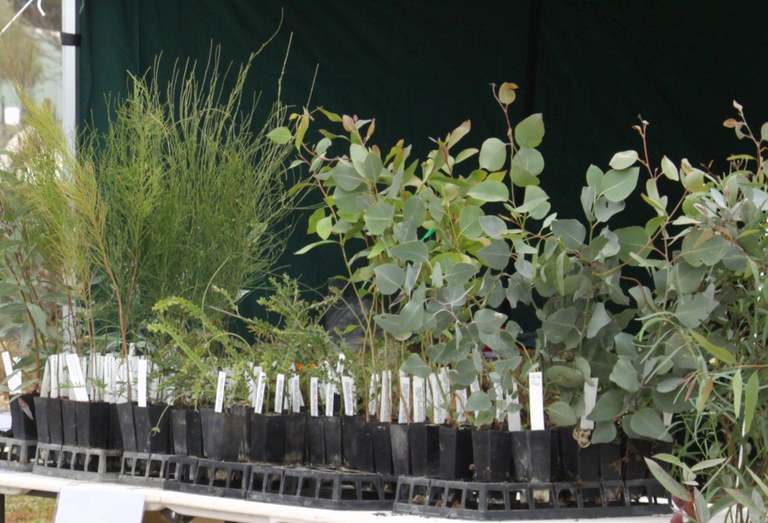
Collect and grow native seeds
Published 23 October 2015. Collecting and growing your own native seed is relatively easy and cheap. But how do you select for viable seed, ensure successful germination and give the seedlings the best start?
Collecting and growing your own native seed is relatively easy and cheap. But how do you select for viable seed, ensure successful germination and give the seedlings the best start?
Watershed Landcare will be hosting a workshop on native seed collection and germination to introduce people to how to check if seed is ripe, its storage, preparation of potting mixes and very low cost, robust systems of germination.
The workshop will be held on Saturday 7 November, 1:30-4:30pm at the Straw Bale Shed, AREC.
The workshop presented by Mudgee ecologist and Friends of Putta Bucca Wetlands member, David Allworth, will provide an understanding of the key elements of success.
“A concrete outcome of the workshop is that we will be starting the germination of 200 trees for planting at the local Putta Bucca wetlands in autumn. And everyone can have a hands on role in doing that.” said Mr Allworth.
The workshop is set up provide plenty of actual experience in seed sieving, preparing potting mix, sowing seed and handling seedlings.
“One of the benefits of people learning about how to collect and germinate native seed is that people will understand what to look for when purchasing native plants for their own use,” Mr Allworth said.
“For instance the type of pots used to grow a tree can have a profound effect on root structure which affects the local term vigour of the plant. There are a range of pots that can significantly reduce plants becoming root bound.” he continued.
The emphasis of the workshop will be introducing people to a few tricks to ensuring a good germination, and doing so at low or no cost in terms of equipment. Generally most the things required to germinate plants can be found in the domestic garbage bin or in the shed.
“One of the problems for the home or farm germinator of a few native trees is the watering system for the initial germination, where the potting mix must be kept moist on the surface at all times. The use of standing freshly seeded pots in a container with water can solve the problem and there are no worries about being away for a few days.” Mr Allworth said.
Participants will also gain an insight into local plant ecology.
“In seed collection we know that isolated paddock eucalypts will be more inbreed and the seed will have less vigour than seed from a collection of trees. Also in seed collection the value of locally sourced seed will be emphasised, seed that has the track record in the local climate and soils.” Mr Allworth said.
“The process of collecting and germinating native seed is not difficult and very satisfying.” he continued.
The workshop is free to attend for Watershed Landcare members, $5 for non-members. Afternoon tea will be provided and the boiling water from the kettle will also be used to prepare wattle seed for planting!




